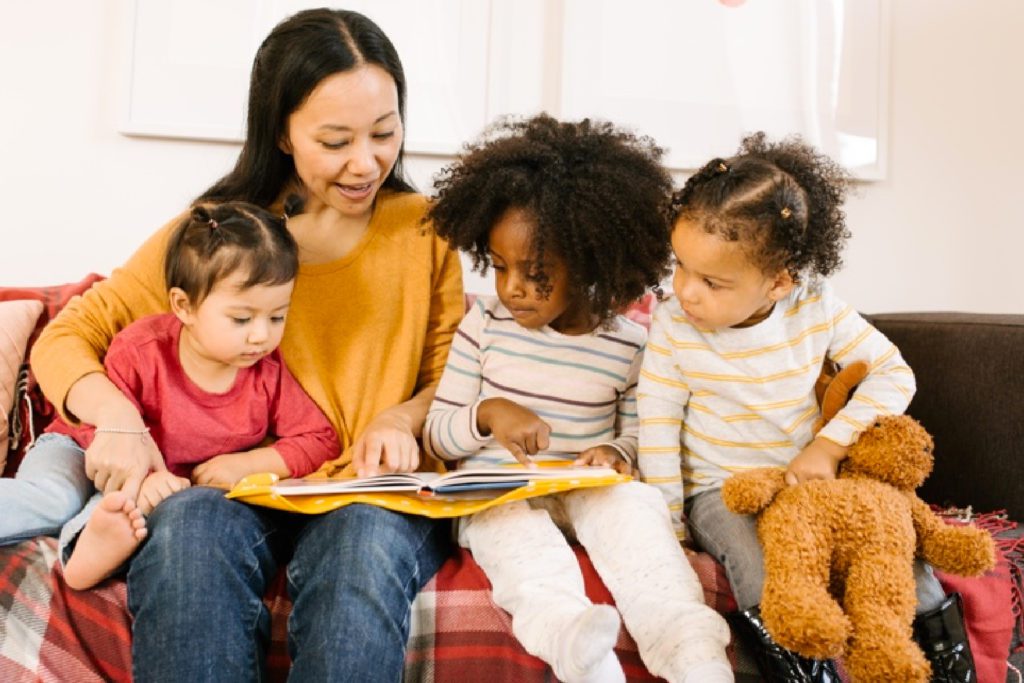Supporting Social-Emotional Well-Being in Times of Uncertainty

As a former family child care provider, I find that there are memories of particular days which I remember vividly. So vividly, that I can picture the clothes I was wearing and the breakfast I ate. Most of my reminiscences are of children’s hugs, laughter, and learning. But, I have also a few powerful memories of uncertainty and apprehension.
One such time was in 2002 when the surrounding area I provided care, Washington, D.C., was under siege by a sniper. This person was randomly selecting people to shoot while they got gas, walked out of restaurants, and went grocery shopping. Schools and child care programs were on lockdown. People were afraid to be out in public. And, there was a sense of general wariness that put adults on edge—which in turn made children feel insecure. I remember the stress of worrying about the children in my care, their families as they were traveling to my program, and my own children who still had to travel to and from school.
As educators, we know that children follow our lead and intuitively connect to our emotions. This is why supporting social-emotional well-being for ourselves, and for the children, is so critical.
When we as adults feel uncertain, the children in our care do as well, but they may not have the words to fully express those feelings. That’s why finding time for self-care is such an important habit to maintain as a child care provider. When you are uncertain and anxious about what tomorrow may bring, you are not able to show up fully to life. And, that can certainly lead to not being 100% available to families and children in your care. While you may not be able to bring certainty to the unknown, we can all take steps to alleviate stress, calm our own emotions and support social-emotional well-being. One of the things that I learned during the aftermath of the 9/11 terror attack in 2001—another vivid memory—that supported my own social-emotional well-being was to initiate positive habits to start my day. I carved out time for a cup of tea and spent 15 minutes reading positive messages. I reflected on conversations I’d had with children and observations I’d made of their learning from the day before, and planned how I would further support them.
It is also important to think about your own family during times of uncertainty. Your own children may need extra emotional care. At home, I made sure that we all sat down together for dinner every night and that I was 100% present for my children. I listened to my children’s concerns and answered their questions as best as I could.
The Creative Curriculum for Family Child Care provides many strategies and resources that we can pull from to support the children in our care, their families, and your own family.
The following strategies can help support children’s social–emotional well-being:
- Practice consistent routines so that children can trust the adults who care for them.
- Provide children opportunities to express their feelings. Try discussions, reading books, engaging in dramatic play, and creating art.
- Model taking deep breaths, counting to five, doing relaxation exercises, or finding comfort in a cozy corner.
- Respond to, label and talk about emotions and their causes.
Remember, you’ve got this!
Focus your efforts on taking care of yourself, and observing your children and planning consistent, intentional experiences that will support their social–emotional well-being and development in these times of uncertainty.